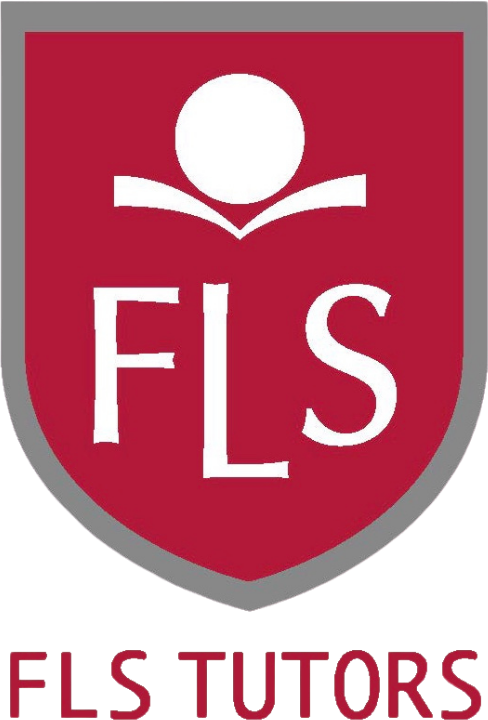Mike, could you tell us about your background and education?
I was born in Pasadena, California and grew up in Los Angeles. I earned a double B.A. in Philosophy and Social Science with an emphasis in high school instruction at California State University, Chico. After graduation, I was invited to move to Japan, where I taught EFL at the ‘Boston Academy of English’ for two years. This was my first formal introduction to the world of international education. Some time later after returning to the U.S., I completed an M.A. program in Second Language Studies at the University of Hawaii as well as earning a certificate in program planning and coordination. My courses at the University of Hawaii included some of the finest professors and researchers in the U.S. In fact, many were integral in a myriad of critical developments in the disciplines of both TESOL and Applied Linguistics over the past 50 years.
What brought you to FLS and subsequently UPP?
On my return to Los Angeles from Japan, I accepted an assignment teaching ESL at FLS International. In its early years, FLS was already becoming a well-known English language center on the ‘cutting edge’ of English language instruction and learning approaches. Later, I became a program administrator at FLS, and moved on to a Center Director, eventually becoming Vice President. In the early years, I helped to develop FLS Pathway programs and established partnerships and articulation with more colleges and universities. UPP was created and developed as a division of FLS, dedicated to preparing and placing international students into U.S. institutions. FLS and UPP now have hundreds of partnerships, both formal and informal, with high schools, colleges, and universities throughout the U.S. and around the world. We now have more than 35 years of experience in helping international students achieve their academic and professional goals.
What exactly does UPP do?
On a fundamental level, UPP is an institutional placement service designed primarily to place students into high schools, colleges, and universities. The UPP service operates in tandem with FLS English language and Academic Pathway programs to prepare international students for successful performance in the American college and university classroom. UPP’s partner institutions benefit from our partnerships internationally and our ability to recruit students from a wide variety of countries and cultures around the world. It is our goal to offer U.S. institutions all of the benefits of a healthy international population, most importantly improving cultural diversity on campus.
From a student perspective, why would one sign up with UPP?
UPP is designed for students who need professional guidance with their high school, college, or university goals. The schools we have here in the United States are of course very desirable, but admissions can present challenges and uncertainties that we alleviate. For example, the minimum required score on English tests like the TOEFL and IELTS is quite different at many schools. As a result, UPP has created pathways that can use the FLS English program to prove English proficiency instead, followed by two years at a community college and then guaranteed admission to a top university.
How many students have signed up with UPP?
UPP has placed thousands of students from for over 35 years. These students have come from over 75 countries in all parts of the world from a variety of educational, social, and financial backgrounds.
Overall, what is your favorite thing about managing UPP?
My favorite part is to come up with creative solutions and pathways to fit both the students’ academic goals as well as their professional ones. It is always gratifying to see students develop and achieve their dreams.
How has the organization fared throughout COVID-19?
COVID-19 presented several new challenges for UPP, particularly near the beginning of the pandemic. We had to help dozens of students already placed for programs in the U.S. to transition to online programs until they could once again study in the U.S. In some cases, we had to work with students and institutions to defer their program start dates as well.
Has technology helped to retain students given the temptation to do regular study at a university in their home country?
I think advancing technology always helps students with their academic targets.
With students having to reevaluate their options amidst changing policies on visas and more, how have American universities moved to try to stay ahead of competitors overseas?
U.S. government policies on visas have actually been more or less consistent over the past decade, except in exceptional cases in a few countries. The extended closure of visa processing at many U.S. Embassies around the world has been a greater challenge for all institutions.
Thanks for taking the time to tell us about yourself and UPP Mike.
My pleasure. Anytime.

